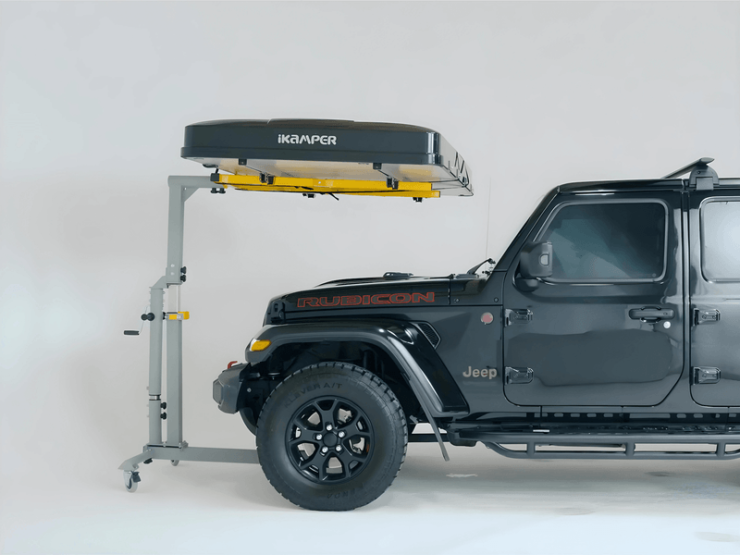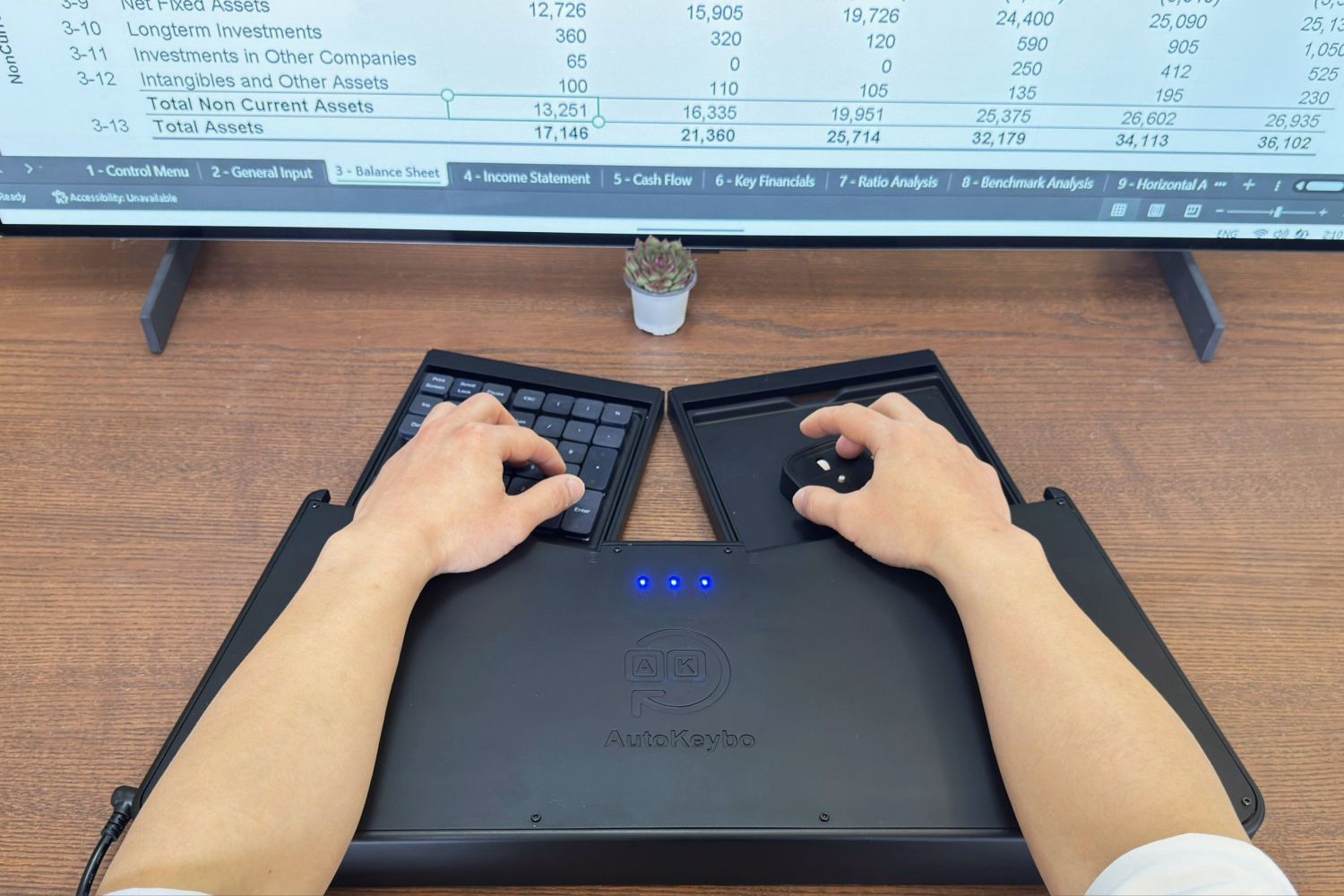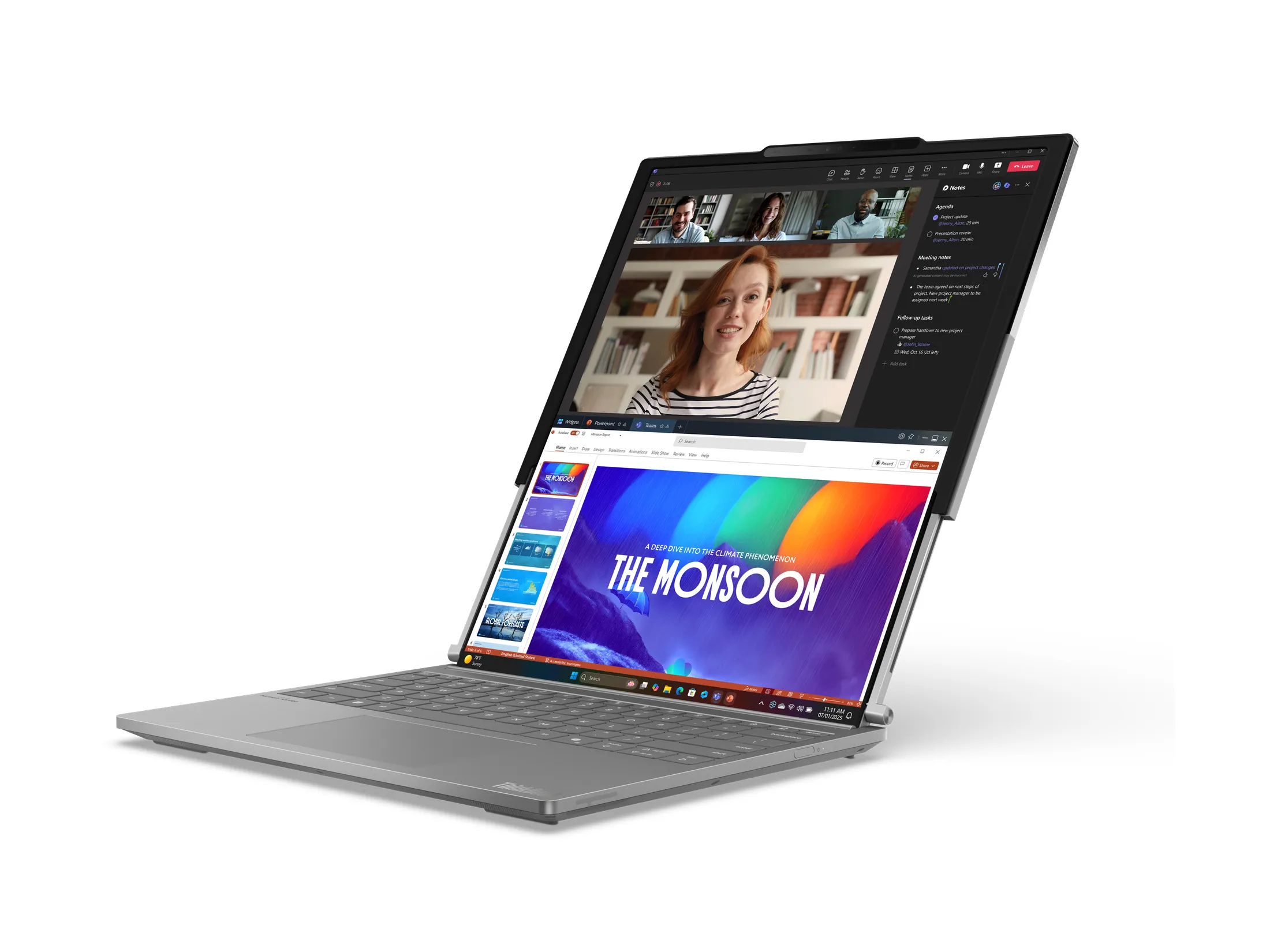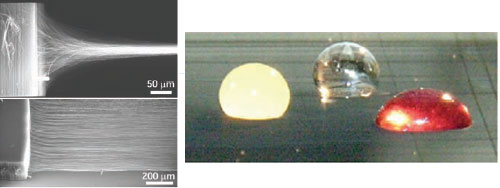
By Evan Ackerman
Carbon nanotubes are pretty amazing things. They’re the strongest and stiffest material on Earth: a 1 millimeter diameter thread of them can support a weight of about 7 tons. The problem is that they’re expensive (and tricky) to produce, especially in any quantity that isn’t just broken bits of tubes. The journal Science is reporting that researchers at the NanoTech Institute of the University of Texas at Dallas have come up with a way of cheaply and quickly manufacturing large sheets (we’re talking meters) of long nanotube strands that are completely transparent and stronger than steel. The sheets are “spun” out of a self-assembled nanotube forest, and can be created with fairly simple machinery at a rate of up to 10 meters per minute. Furthermore, there doesn’t seem to be any reason why the sheets couldn’t be made as long or wide as you wanted. The last picture in the series above shows a nanotube sheet supporting droplets of water and juice that weigh about 50,000 times more than the sheet itself… Pretty cool. No information on cost, though. Read the paper here (PDF).
Laptop batteries that recharge to 90% in 10 minutes, after the jump.
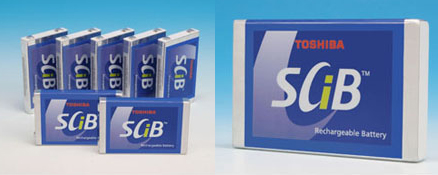
Batteries. They suck, but they’re necessary. As capacities go up, so do charge times, which is a real drag… It would be much better if laptops were like your car: run them until empty, spend a short time refueling, and you’re good to go again. Sure, a proper fuel cell would be nice, but in the mean time Toshiba has been developing a Super Charge ion Battery (SCiB) that can charge to 90% capacity in a mere 10 minutes. SCiBs can endure over 5,000 charge cycles (10x more than li-ion batteries) and are less likely to spontaneously combust. While Toshiba currently has a demo battery powering a laptop, the first consumers will see of SCiB batteries will be in the Schwinn Tailwind, a hybrid electric bicycle available next year.



